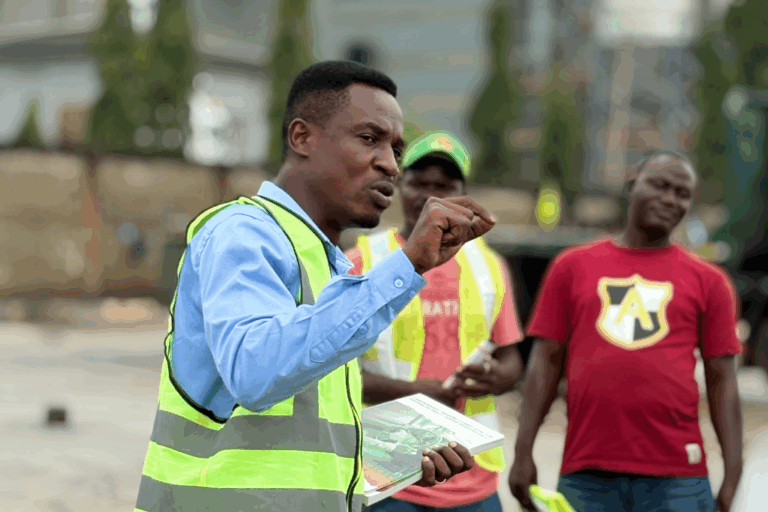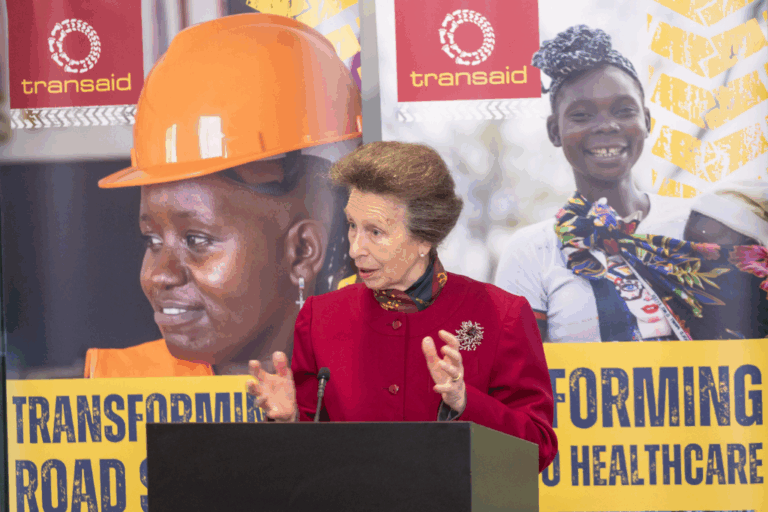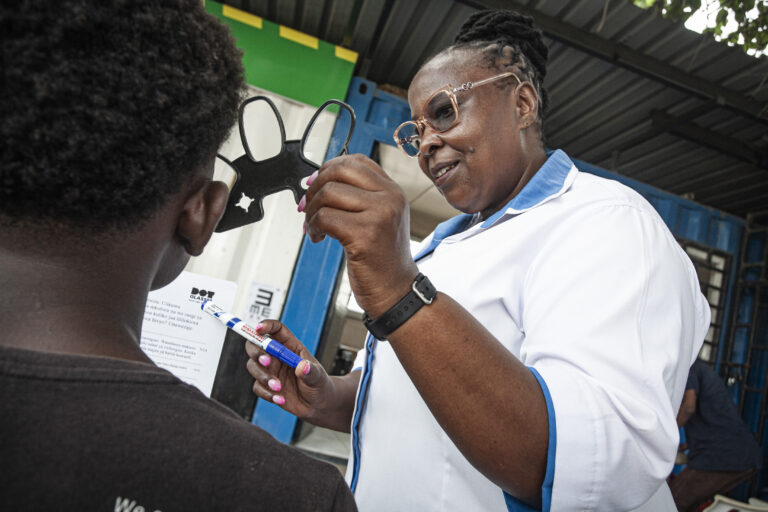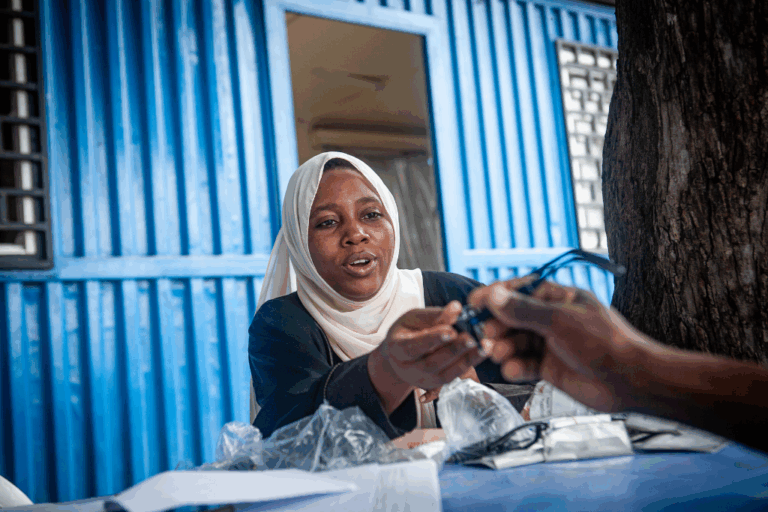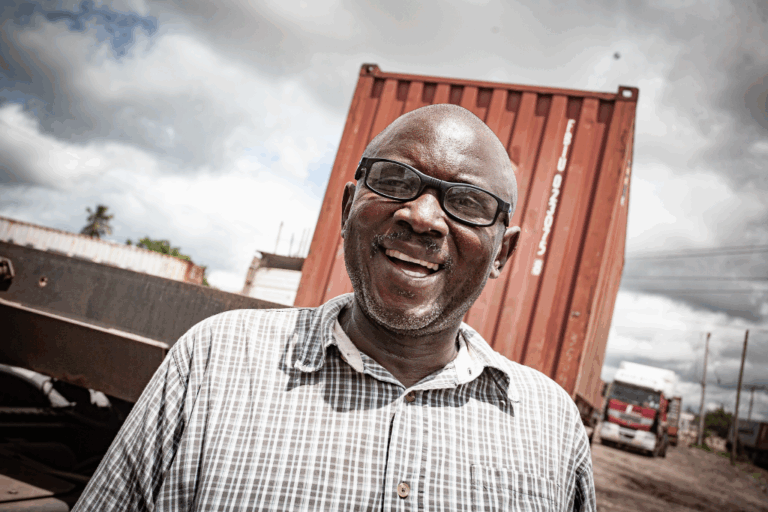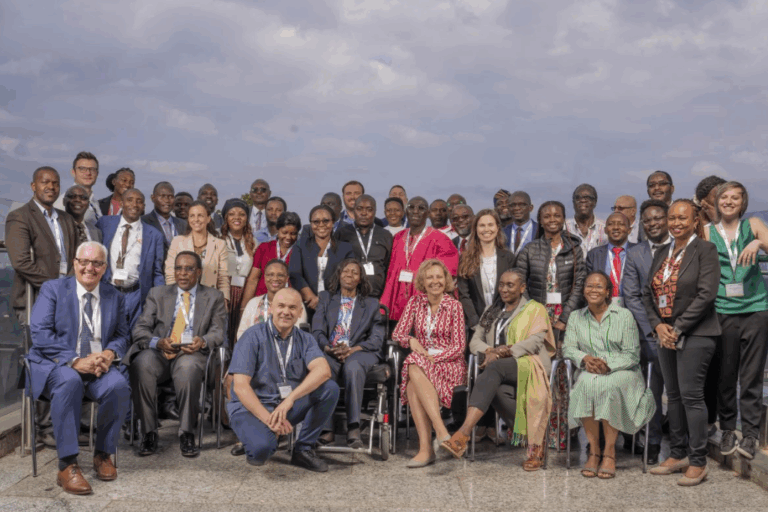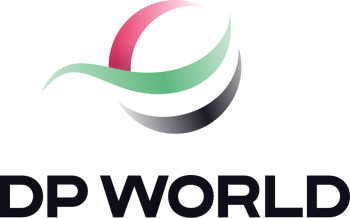
News
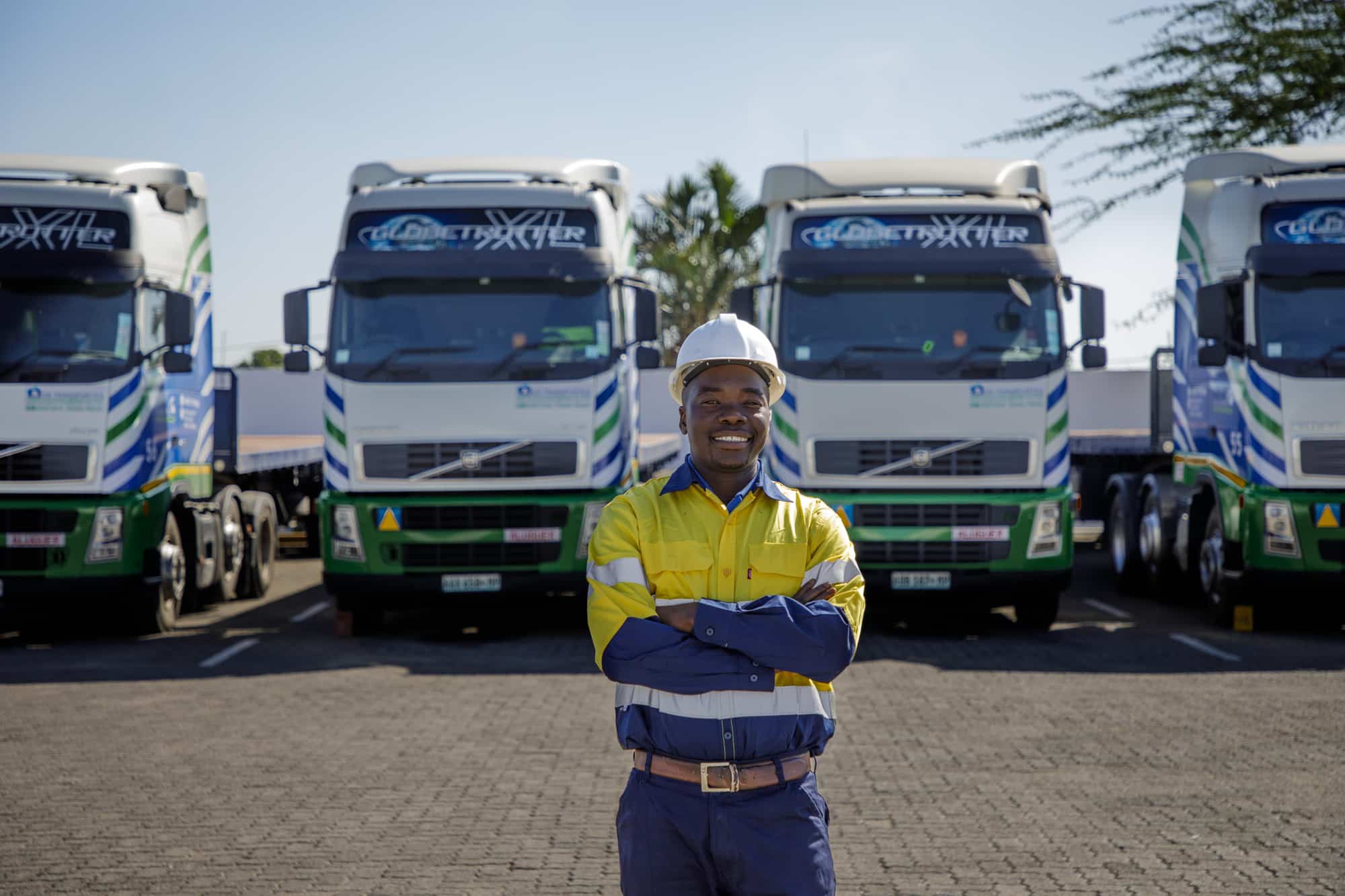
Hamad Lubega’s story
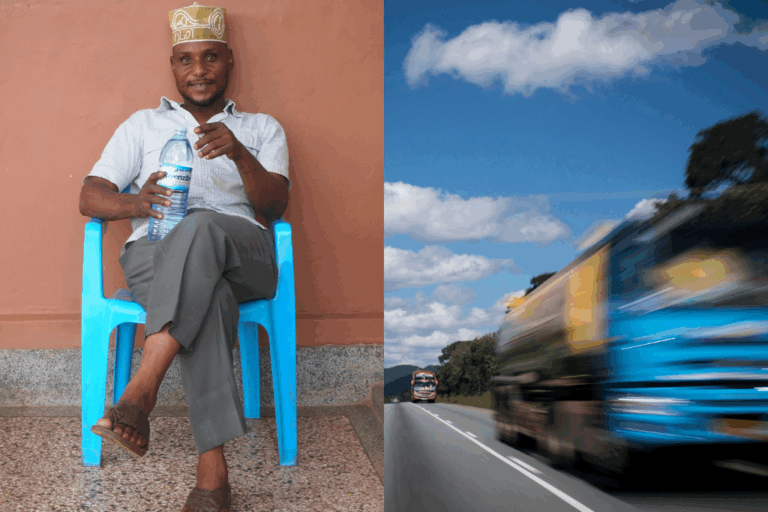
Meet Hamad
Transaid has been supporting the truck driver workforce in sub-Saharan Africa since the inception of its Professional Driver Training Programme (PDTP) more than two decades ago. The PDTP aims to improve safety on Africa’s roads by equipping professional drivers with the skills that they need to return home safely. A critical element is understanding the experiences of truck drivers and the challenges that they face in performing their role which sees them travel widely within the region, often in conflict zones and away from their families for many weeks at a time.
Transaid first met Hamad Lubega in 2013 as a trusted taxi driver, and he has since become a good friend. When Transaid launched a specialist truck driver training centre in 2018 with implementing partner Safe Way Right Way (SWRW), a Ugandan road safety NGO, Hamad declared an interest in participating in the training with a view to seeking employment as a long distance truck driver to support his three children.
In 2019, Hamad underwent truck driver training at the SWRW Driver Training School, which he completed successfully. His first job in the sector was with a Ugandan transporter as a truck driver, a job which saw him transport foodstuffs to small mining communities as far away as the Nuba mountains on the border between Chad and the Central African Republic, via South Sudan.
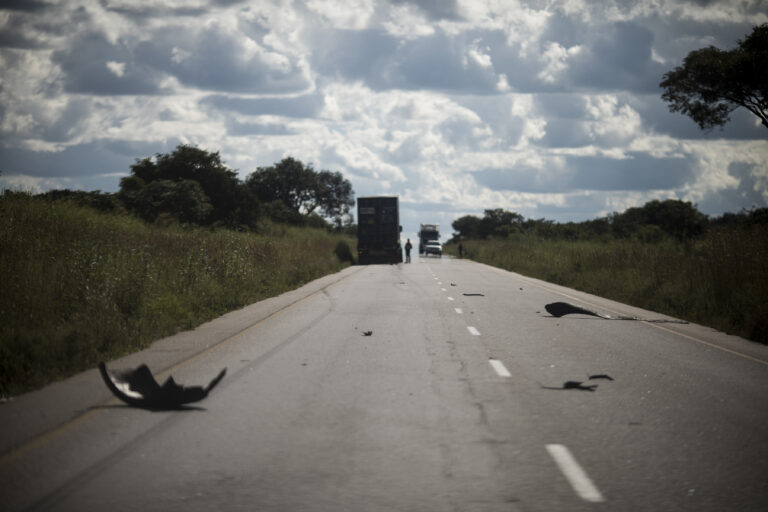
A road in Zambia.
Personal safety on Africa’s roads
For safety reasons, Hamad travelled in a convoy of up to 20 trucks during these trips, with each convoy having a designated leader who negotiated payments to secure safe passage at each of the many checkpoints along the way, an often unfortunate reality of negotiating long distance travel in Africa. Each driver would carry up to four million Ugandan shillings (more than $1,000) stashed in a safe place in order to pay their way through these checkpoints in conflict zones to ensure their personal safety.
The legal limit of loads on Ugandan roads is 30 tonnes. The convoy would be accompanied by additional trucks carrying additional tonnage to the border with South Sudan (which has a legal limit of 50 tonnes), at which point, this load would be added to each of the trucks in the convoy adding considerably to the load on crossing into South Sudan. The additional trucks would then return to Kampala and this cycle would be repeated.
Poor road infrastructure in South Sudan and the Central African Republic meant that the convoy travelled slowly. During the dry season, provided everything went to plan, the return journey of more than 1,500 kilometres could take three weeks, but during the rainy season, this same journey could take anywhere between two and four months.
Along the way drivers were subject to beatings at checkpoints and regularly held at gunpoint, all justified by the perpetrators on the basis that they were foreigners in ‘their’ country. Each truck carried all of its fuel requirements and spare parts, as well as one mechanic per convoy, to avoid unnecessary need for prolonged stops during their journey.
As well as these experiences raising serious concerns from a road safety point of view, the personal safety and the stress that truck drivers endure, in particular while travelling through conflict zones, is not fully appreciated. These concerns are exacerbated by employers who believe that this is just ‘business as usual’- with next to no support for drivers.
A call to action
It is clear that in addition to ensuring that critical supply chains keep functioning in the remotest corners of the continent, truck drivers deserve far more respect and support than they are currently given.
Insights such as these shared by Hamad inspire Transaid to work harder to expand its package of support to friends like Hamad and his fellow truck drivers to make sure that they receive the support they need to be safe on Africa’s roads.
Recent Posts


